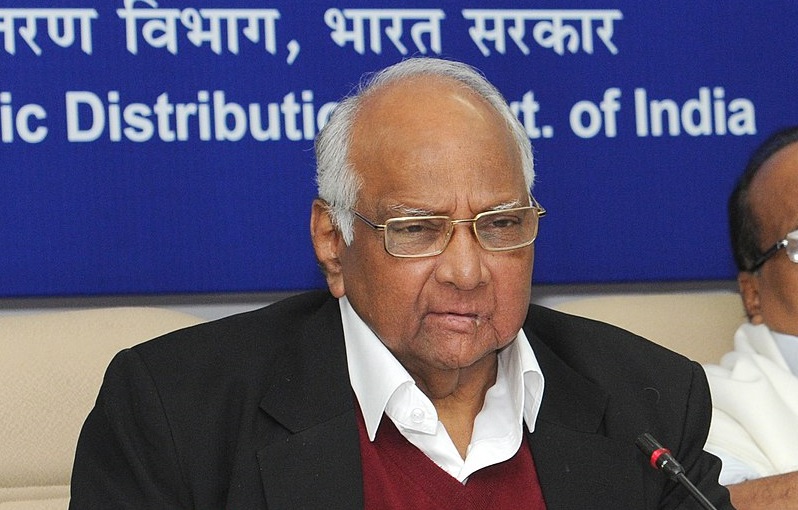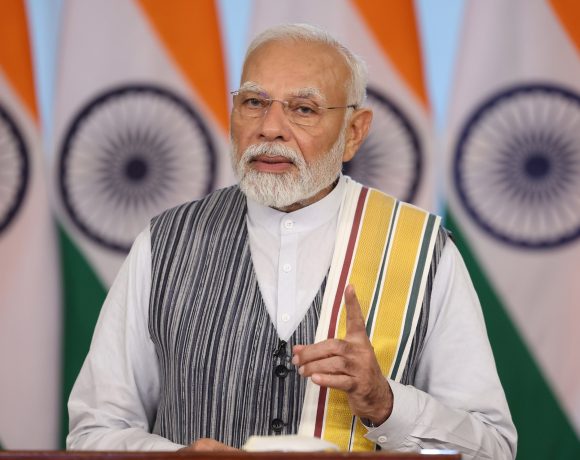
Sharad Pawar Urges All-Party Meet on Security, Not Parliament Debate
In the aftermath of Operation Sindoor and heightened national security tensions, Nationalist Congress Party (Sharad Pawar faction) president Sharad Pawar has suggested that issues related to national security should not be debated openly in Parliament. Instead, he has advocated for a closed-door all-party meeting where sensitive discussions can take place without public or international scrutiny.
Avoiding Public Disclosure on Sensitive Matters
Pawar emphasized that while Parliament remains the cornerstone of India’s democratic dialogue, not all matters are suitable for public debate—particularly those concerning military operations, intelligence strategies, and cross-border tensions. According to him, a special session of Parliament is not necessary for this situation. Rather, a confidential all-party meeting would ensure meaningful and responsible discussion among leaders without risking national interest.
He maintained that sensitive deliberations, especially those involving military movements and classified intelligence, must be conducted with a high degree of discretion.
Former Defence Minister Calls for Military Briefings to Leaders
Drawing on his experience as a former Defence Minister, Pawar further recommended that senior military leadership should directly brief political parties. He suggested that this would keep all stakeholders informed and enable constructive suggestions, thereby strengthening national unity in times of crisis. Pawar’s suggestion reflects a desire to depoliticize matters of national security and focus on a united front against external threats.
Pushback Against Foreign Interference
Pawar also voiced strong disapproval of former U.S. President Donald Trump’s recent claims about threatening to cut trade ties to de-escalate tensions between India and Pakistan. He reminded that under the Simla Agreement, India does not require foreign mediation or pressure to manage bilateral issues, especially those concerning national sovereignty.
He urged that India should handle its affairs independently and resist all attempts at foreign intrusion in internal matters, whether military, political, or economic.


















